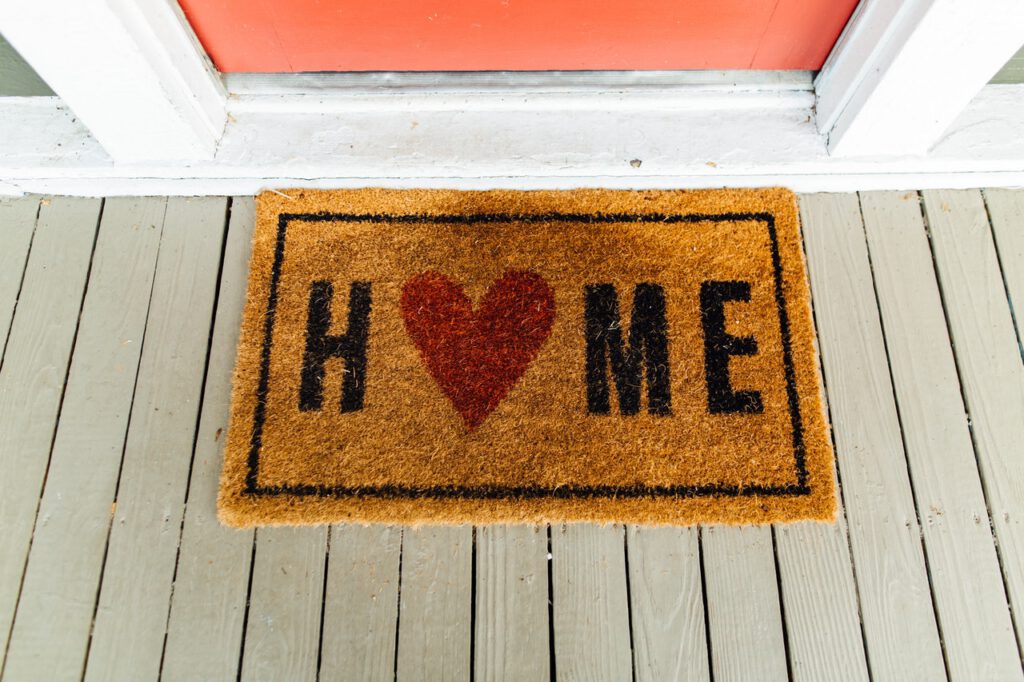How caregivers can ensure a safe environment for those with memory loss

Watching someone you love grapple with memory loss can be both terrifying and heartbreaking. Sometimes it can feel as if the person you knew is slipping away, and you may well find yourself assuming roles and responsibilities you never anticipated.
This often includes stepping up and stepping in to ensure the safety of your loved one when they are no longer able to do so themselves. However, when your loved one prefers to remain living independently in their own home, the safety challenges are often significantly amplified. So how do you keep your loved one healthy and safe while also respecting and honouring their independence?
Seeing the world through their eyes
If your loved one’s memory loss is the result of dementia or a related neurodegenerative disorder, it’s important to understand that their world probably looks far different than it appears to others. Dementias are often associated with profound perceptual changes that transform once comfortable and familiar environments into strange, confusing, and frightening spaces. Alzheimer’s and dementia care can be a difficult journey, but understanding the changes that come with the condition can help to make the experience more manageable.
This means that, if you want to help keep your loved one safe and independent in their home, the first step is to endeavour to understand how they see the world in general and their living space in particular.
For example, your loved one may no longer be able to recognize ordinary household objects for what they are, which can pose a potential hazard. They may forget, for instance, what household cleaning products are used for or may mistake them for food or beverages, potentially leading to an accidental poisoning.
On the other hand, your family member may be unable to see or notice objects in their environment, which can constitute a fall hazard.
To mitigate these risks, it’s important to ensure that you lock away any potentially harmful substances, such as medications, detergents, or household chemicals. You will also need to clear out the clutter to ensure that the environment is open, clean, and free of obstacles. Decorative storage containers are an ideal way to ensure that your loved one retains access to the items they need on a daily basis without being physically or perceptually overwhelmed by objects out of place.
Involving the community
As much as you may try to, it’s simply not realistic or even desirable to be always “on-call”. It’s imperative that caregivers have support, both for their sake and for the sake of their loved one.
Neighbours can be an invaluable asset in this regard, which is why cultivating strong relationships in the surrounding community is so important. Reach out to your loved one’s friends and neighbours. Apprise your family member’s neighbours of the situation and ask that they be alert to any signs of danger for your loved one. This is especially critical if your loved one has developed a tendency to wander, a common characteristic of dementia.
It is also a good idea to provide friends and neighbours with your contact information so that you can be notified immediately if anything seems amiss with your loved one. This can not only help ensure your family member’s safety but it can also give you peace of mind knowing that the entire community is looking out for your loved one.
Meanwhile, if your loved ones need intensive care, you can also consider finding a memory care facility. Those facilities specialise in caring for individuals with Alzheimer’s and other forms of dementia, providing a safe and secure environment where your loved one can receive the care and support they need.
Recruit professional support
When your loved one is suffering, it can be tempting to try to comfort and even to “rescue” them all by yourself. After all, few people can know and love them as well as you. However, taking on the immense responsibility of being an exclusive caregiver is detrimental not only to you but also to your loved one.
Your relative needs you to remain as strong, healthy, and happy as possible. It’s the old oxygen mask analogy all over again: when the plane is going down, you need to first put on your own oxygen mask first before you help the ones you love.
So, if you want to create the safest and healthiest environment possible for a loved one with memory loss, then you should strongly consider hiring a professional caregiver. Even a few hours of service per week can give you a much-needed respite while also increasing the quality of care your family member receives. After all, a team can often accomplish far more in a day than a single person can or should be expected to accomplish in a week.
Bringing in someone to clean and disinfect the house a couple of times each week or daily to assist with medication, hygiene, and transportation can help ensure that all of your loved one’s needs are being met while reducing the risk that you will become overwhelmed, physically ill, or generally burnt out.
The takeaway
Caring for a loved one with memory loss is not easy, but it may well be the most important role you will ever fulfill. Ensuring the health and safety of a loved one living independently at home is likely to be your first and most significant concern. However, by engaging support, remaining proactive, and understanding the specific and evolving needs of your loved one, you can create the nurturing, protective environment they deserve.
Author Charlie Fletcher is a freelance writer from the lovely “city of trees”- Boise, Idaho. Her love of writing pairs with her passion for social activism and search for the truth. You can find more of her writing on her Contently.
Photo by Kelly: https://www.pexels.com/photo/brown-home-printed-rug-beside-door-2949992/

